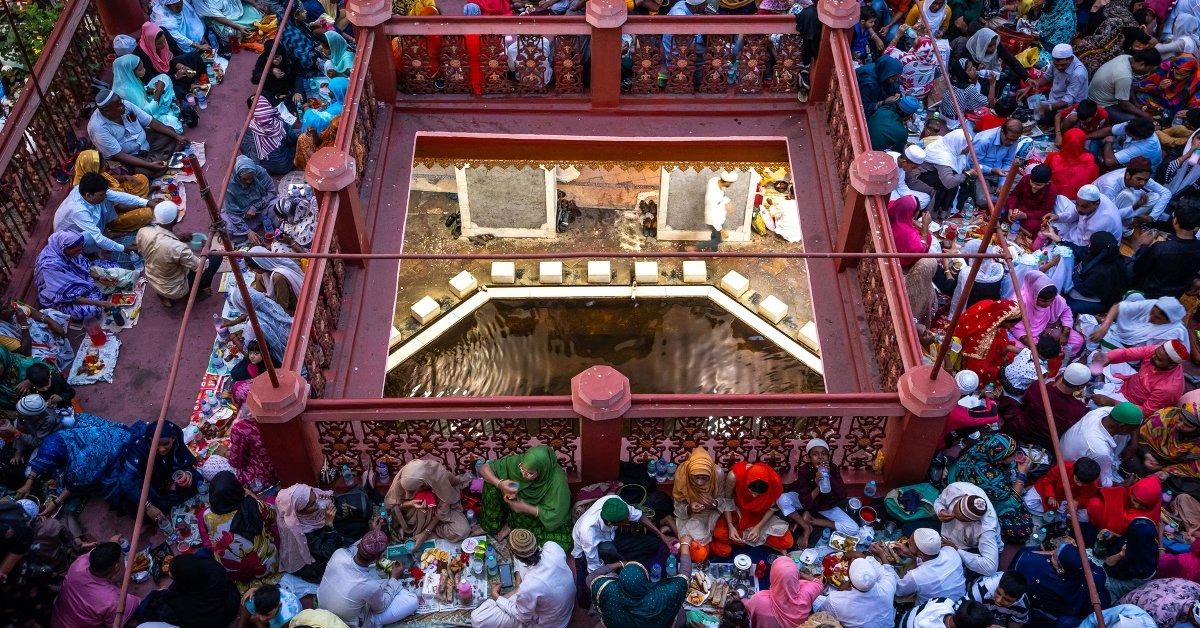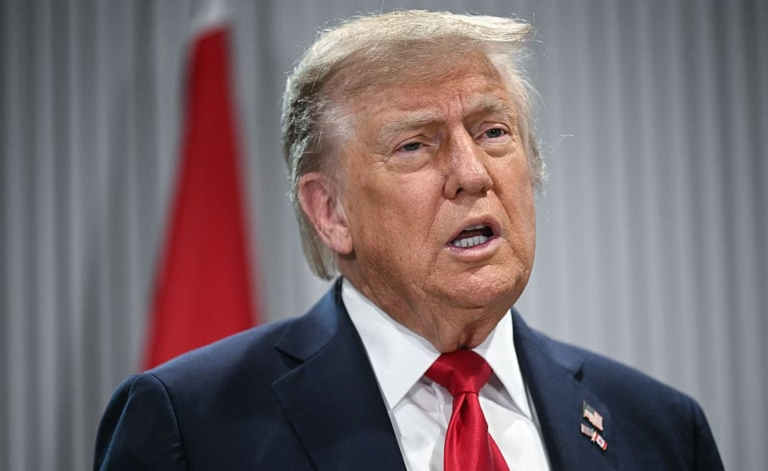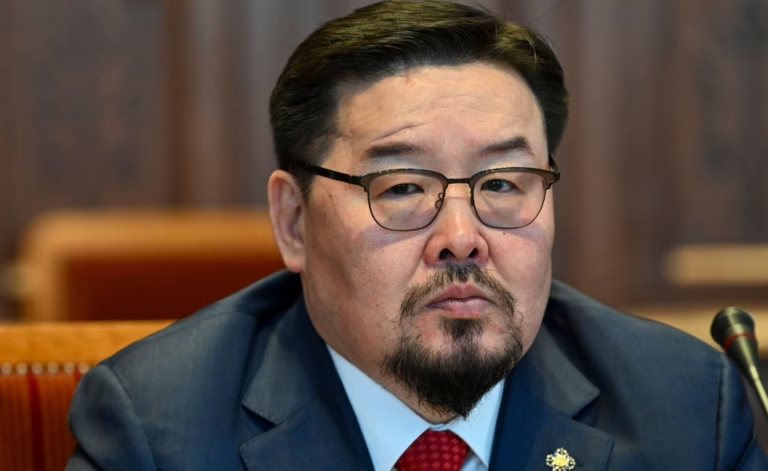As an Indian Muslim, whispers have become my language. A moment at a McDonald’s in Thailand highlighted this when the word “beef” jolted me—the way it would in India, where beef is more than food. It’s associated with a violent backlash against Muslims. Thus, it is erased from our vocabulary, a word fully acknowledged only once I stepped onto foreign soil.
The demographics of India render beef consumption controversial, pitting communities against each other under the guise of food preference. This reality burrows deep into the psyche of Indian Muslims like me. Ever vigilant, we carefully navigate our worlds, tempered by fear and public perception, consolidating a hidden self to avoid becoming targets of hate.
My personal journey to understanding my identity’s weight began during the Delhi riots. There, I employed a tactic of anonymity for safety. It was a lesson in invisibility for Indian Muslims, our names now a tool for self-defense, either altered or never openly mentioned.
Yet sometimes, crafting a new identity isn’t enough. A name, twisted or hidden, cannot shield you entirely from prejudice when your very existence is a crime to some. This was a lesson taught during protests against a discriminatory citizenship law, where activism relaxed norms but introduced new perils.
Muslims are retreating into guy, sequestered communities, an occurrence satirized by the bulldozer — a symbol of unwelcome. However, there are greater threats, like the Waqf Amendment, set to uproot the legal foundations of Muslim-endowed spaces, placing centuries of communal identity in a precarious position.
This has led to the perpetual tension of identity — to vanishing quietly or making a stand. In the wake of its threat, we are caught between erasing our presence or risking everything to be seen, to be heard, all the while questioning whether the price of this silence is the heaviest of all.
The chase of remaining unnoticed consumes energy and identity, but the will to exist, to simply be oneself, proves far mightier. Just a simple act of ordering food in a Thai McDonald’s reignited that truth within me. My name is both shield and banner. Isha for the times that demand it, Ismat with all my might for a healthier discourse. The day I am free to be Ismat without fear, that is the day I will have truly begun to live.
Source: https://time.com/7268199/india-muslims-identity-hindu-nationalism/







